
Bangalore Tiger
How Indian Tech Upstart Wipro Is Rewriting the Rules of Global Competition
Read or listen offline
Amazon KindleRecommendation
From humble beginnings as a manufacturer of vegetable oil in India, Wipro reinvented itself, with stunning speed, as one of the world's leading providers of high-tech and business-process outsourcing (BPO) services to clients around the globe. Early in this decade, Wipro's annual revenues were $500 million. By the end of the first quarter of 2007, Wipro revenues had risen to $3.47 billion – a 41% increase over the same period in 2006. The firm is an acclaimed high-tech trendsetter. It received the accolade most prized by true business cognoscenti: becoming the subject of a Harvard Business School case study. The school examined how Wipro applied the principles of Toyota’s “Lean” production system to its operations. So who is Wipro, what does the company do, and how did it become so successful so fast? getAbstract recommends that executives and managers read this book to discover the answers. Learn how your company can adopt the Wipro Way to turbocharge its operations.
Summary
About the Author
Business journalist Steve Hamm works at Business Week, where he is an award-winning senior writer and the editor for software issues.









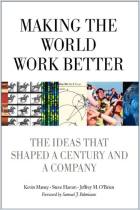
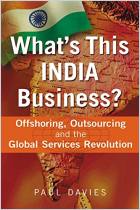
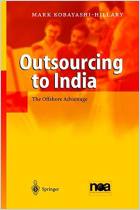
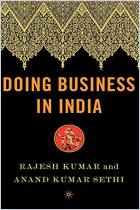
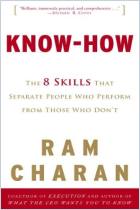

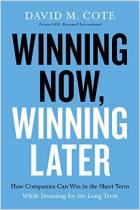




Comment on this summary or Начать обсуждение